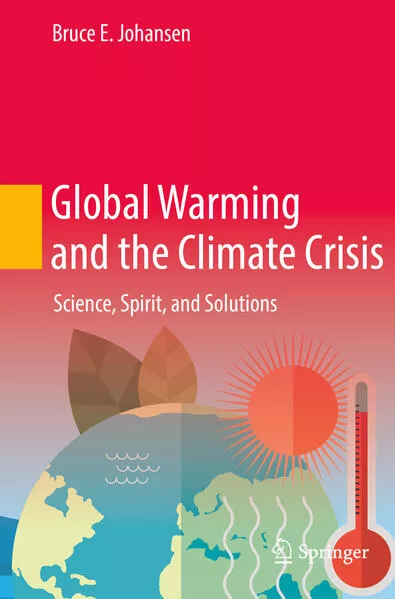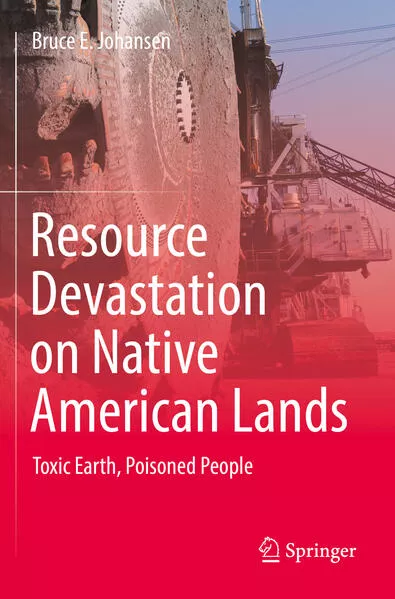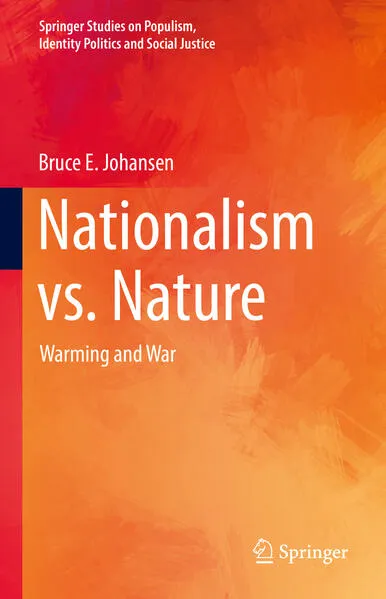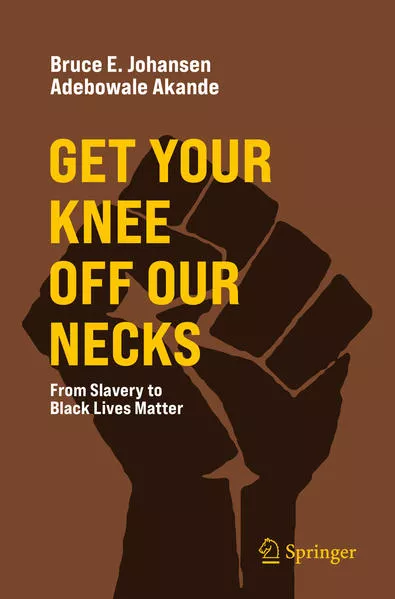
- Publikationen ca: 11
- Fragen & Antworten
Bruce E. Johansen
Bruce E. Johansen is a Frederick W. Kayser research professor emeritus for Communication and Native American Studies at the University of Nebraska at Omaha, USA, where he taught and researched from 1982 to 2019, then retired with emeritus status. He has published 52 books in several fields: history, anthropology, law, the Earth sciences, and others. Johansen’s writing has been published, debated, and reviewed in many academic venues, among them the William and Mary Quarterly, American Historical Review, Current History, and Nature, as well as in many popular newspapers and magazines, such as The New York Times and The National Geographic.
Adebowale Akande is one of the world’s top contributors and productive cross-cultural researchers for research publications with over 32,120 Google scholar citations and over 200 refereed articles/chapters. Akande has held faculty appointments at several international universities. In 1998, he was appointed the first black full professor at a white most prestigious university in South Africa. Among multiple awards conferred, Akande received the Commonwealth Academic Fellowship in 1992; the IUPSYS International Award in 1996, and the Frank Andrew UniMICH in 1996. Further, he received the ISPA Award in 2000, a Taiwan Government International Scholar Fellowship in 2005, a Nippon Foundation of Japan Fellowship in 2008, a Fellowship of Schloss Leopoldskron, Austria in 2008, a Certificate of Honor, Indian Institute of Planning and Management, in 2008, and the AAGT-EAGT Award in 2018. He was a co-recipient of the 2007 Ursula Gielen Global Book Award and the Gordon W. Allport Prize (2005) for research on ambivalent sexism. Akande’s major research interests vary but mainly focus on relationships among transnational self-esteem, learning, power, political influence, prejudice. He is also known as a popularizer of cross-cultural studies. He currently serves as an international director for IR GLOBE in Vancouver and a guest professor to a number of Canadian Universities in British Columbia, Canada.Nationalism vs. Nature
Developing an original approach, this book examines how both nationalism and climate change threaten humankind with future catastrophes, arguing that humanity is on a fast track to a dystopian future unless significant changes are implemented. While the world warms, wars driven by nationalism may lead to worldwide devastation, with humankind being caught between two existential threats of its own creation.
Global Warming and the Climate Crisis
This textbook introduces readers to basic scientific principles of climate change. Based on extensive empirical evidence, it explains weather events that indicate climate change’s evolution and presents important topics connected to climate change, such as political controversies, climate policy, as well as Native American perspectives.
Resource Devastation on Native American Lands
This book focuses on the toxic legacy of Native North America, which is pervasive but largely invisible to most non-Native peoples. Many toxic sites are located in out-of-the-way rural areas largely forgotten by the majority of America, but which nonetheless have supplied its industries with the rudiments of manufacturing for the better part of a century before being closed and cast aside.
Nationalism vs. Nature
Developing an original approach, this book examines how both nationalism and climate change threaten humankind with future catastrophes, arguing that humanity is on a fast track to a dystopian future unless significant changes are implemented. While the world warms, wars driven by nationalism may lead to worldwide devastation, with humankind being caught between two existential threats of its own creation.
Nationalism vs. Nature
Developing an original approach, this book examines how both nationalism and climate change threaten humankind with future catastrophes, arguing that humanity is on a fast track to a dystopian future unless significant changes are implemented. While the world warms, wars driven by nationalism may lead to worldwide devastation, with humankind being caught between two existential threats of its own creation.
Resource Devastation on Native American Lands
This book focuses on the toxic legacy of Native North America, which is pervasive but largely invisible to most non-Native peoples. Many toxic sites are located in out-of-the-way rural areas largely forgotten by the majority of America, but which nonetheless have supplied its industries with the rudiments of manufacturing for the better part of a century before being closed and cast aside.
Resource Devastation on Native American Lands
This book focuses on the toxic legacy of Native North America, which is pervasive but largely invisible to most non-Native peoples. Many toxic sites are located in out-of-the-way rural areas largely forgotten by the majority of America, but which nonetheless have supplied its industries with the rudiments of manufacturing for the better part of a century before being closed and cast aside.
Global Warming and the Climate Crisis
This textbook introduces readers to basic scientific principles of climate change. Based on extensive empirical evidence, it explains weather events that indicate climate change’s evolution and presents important topics connected to climate change, such as political controversies, climate policy, as well as Native American perspectives.
Global Warming and the Climate Crisis
This textbook introduces readers to basic scientific principles of climate change. Based on extensive empirical evidence, it explains weather events that indicate climate change’s evolution and presents important topics connected to climate change, such as political controversies, climate policy, as well as Native American perspectives.
Get Your Knee Off Our Necks
The death of George Floyd on May 25, 2020, and the ensuing trial of Derek Chauvin for murder a year later has rubbed raw the bloodiest stain on the United States’ history and its world reputation. The nine minutes and 29 seconds during which Chauvin’s knee crushed the spark of life out of Floyd was not unusual in the history of the United States.
Get Your Knee Off Our Necks
The death of George Floyd on May 25, 2020, and the ensuing trial of Derek Chauvin for murder a year later has rubbed raw the bloodiest stain on the United States’ history and its world reputation. The nine minutes and 29 seconds during which Chauvin’s knee crushed the spark of life out of Floyd was not unusual in the history of the United States.









